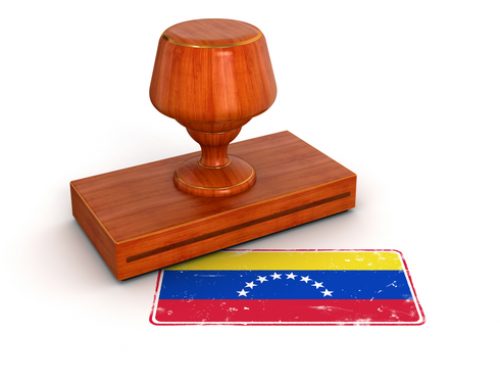
Latin American PTOs have spent several years working on two major cooperation agreements, designed to not only speed up procedures but also to increase the reliability of information and to avoid duplicated procedures, especially in patent examinations. The two projects, known as PROSUR and CADOPAT cover almost the entire continent, and have been the central topic of several high profile meetings between the heads of the Latin American PTOs.
PRO-SUR – Regional Cooperation System on Industrial Property
Nine South American countries belong to this project; namely: Argentina, Brazil, Chile, Colombia, Ecuador, Paraguay, Peru, Suriname and Uruguay. The system has been active since August 2011, and its main goal is to become a platform for sharing information from patent examinations between PTOs, therefore reducing the effort of examining the same patent application in several countries.
The project is aimed at easing procedures for creators, entrepreneurs and IP attorneys; and is being funded by the Inter-American Development Bank (IDB). Chile’s PTO, the INAPI, has assumed the presidency of the project. The success or failure of the project is still not clear, since the effects of the agreement will really be visible within the PTOs.
In the earlier stages of this project, possibilities for a regional trademark registry and deeper regional integration of procedures have been discussed. However, these proposals have not been very successful since a regional trademark registry without an integrated regional market would be of little use and could even be unadvisable, since the trademark registry would no longer reflect the reality of the marketplaces.
The project doesn’t look for legal harmonization, but it does create a common platform for systems integration. WIPO has agreed to act as a supervisor of the project, and the experience of the WIPO CASE and the e-PEC (From Brazil’s PTO) platforms is being used for the project.
CADOPAT-Support System for the Management of Patent Applications
This is a web portal created by the Mexican PTO, the Mexican Institute for Industrial Property. It basically shares the information from patent examinations with more than 9 countries from Central America, the Caribbean and Colombia. The Mexican PTO sends its information to Recipient Offices; this means that the information is shared in one direction only, unlike the PROSUR project. Indeed, the CADOPAT system is a unilateral project from the Mexican PTO. It also shares information on searches and other procedures but it is clear that this system has a lot of room for growth.
Current members of the CADOPAT system include Costa Rica, El Salvador, Guatemala, Honduras, Panama, Nicaragua, Dominican Republic, Cuba, Colombia.
WIPO CASE – The Centralized Access to Search and Examination system
The WIPO Centralized Access to Search and Examination (WIPO CASE) system is designed to facilitate the sharing of confidential search and examination information between IP offices, and to help enhance the quality and efficiency of search and examination and minimize unnecessary duplication of work. Using this platform, patent examiners from one group of participating offices can access the collection of patent search and examination reports shared by the office group. According to the Canadian PTO, the launch of the CASE is a significant advancement towards greater cooperation between IP offices in sharing the results of examination work. This will help reduce the time spent on processing duplicate applications filed in multiple offices. The duplication of work is a contributing factor to the growing patent backlog.
The platform is intended for use by groups of IP offices that mutually recognize their search and examination work. Patent documents and data shared though WIPO-CASE can either be hosted by WIPO or the digital libraries of national offices. Initially developed to support the work sharing efforts of the IP offices of Australia, Canada and the UK, WIPO-CASE is now being used or evaluated by other regional groupings of IP offices.
e-PEC – Electronic Platform for Collaborative Examination
Argentina and Brazil have created the e-PEC, which is a trilingual platform allowing the PTOs to exchange information on identical patent applications. The e-PEC aims at enabling patent examiners to perform collaborative examination of patent applications, without the need for physical proximity between the examiners. Thus, the system offers efficiency and quality technical examination which is made in all national institutes. However, to each country remains the ultimate decision on whether or not to grant the patent. Other countries that currently use the e-PEC platform include Chile, Ecuador, Colombia, Paraguay, Uruguay, Surinam and Peru.




